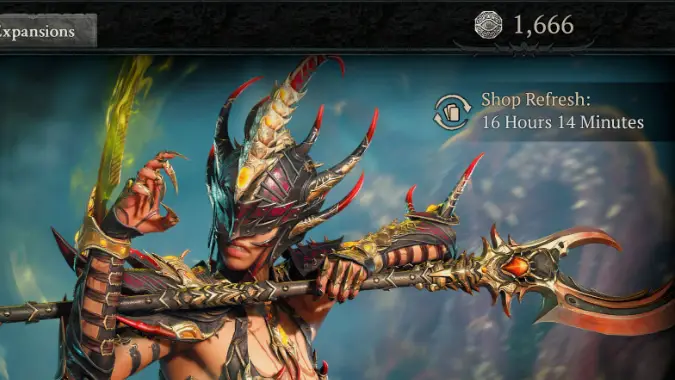How do micro-transactions impact your gaming experience?

The recent book by Jason Schreier, Play Nice: The Rise, Fall, and Future of Blizzard Entertainment, discusses the fight within Blizzard over how games would be monetized, and the introduction of microtransactions into the game catalogue. Some of the missteps may have begun with the best of intentions — like the introduction of the real money auction house in Diablo 3, with the intention of cutting out the fraud associated with trades outside the game system. But human nature being what it is, best intentions are no barrier to greed or people with nefarious inclinations.
World of Warcraft is unusual in the video game universe in that it has a box price for expansions — the charge for the base game was dropped with the launch of Battle for Azeroth — and also charges a monthly subscription fee to play. On the surface World of Warcraft doesn’t need microtransactions — it should be able to make sufficient money from the box cost plus subscription to cover operating costs and make a profit. But a reasonable profit is never enough. Shareholders are like locusts that forever need to be appeased by record profits every quarter.
The idea behind micro-transactions is easy enough: they rely FOMO and impulse purchasing. FOMO is an idea as old as humanity. From keeping up with the Joneses to renting pineapples for parties, it’s a form of status anxiety, which has existed for as long as human societies have had hierarchies. FOMO is literally the fear of missing out, and it’s the reason behind gaming’s proliferation of limited time rewards. It relies on us being social animals that want to appear as part of the pack and being perceived as part of the “in” group.
Typically such in-game purchases are priced low enough that as an individual purchase they can seem inconsequential — but we’ve seen a trend for the “micro” part of microtransactions creeping up in cost. Then games make it harder to understand what you’re spending by using intermediate currencies that you need to buy for real money and then use to make purchases, obfuscating the real cost of an individual transaction. Currency is sold in bundles (which frequently doesn’t match the cost of items), with discounts and sales that obscure its value — and may even be bundled with other rewards that muddies the water even further.
It’s similar to gambling using chips or transaction cards to remove friction from the decision to “spend” money. Games with microtransactions are looking for whales, people who will keep spending, despite the cost. (And perhaps without even knowing the cost.)
Some games make buying items practically a necessity to play — like Diablo Immortal — while others make a point of all purchases being cosmetic — like Diablo 4. But even when these microtransactions are purely cosmetic, and don’t impact gameplay, they create a visible indicator of “haves” and “have nots.”
Unlike items locked behind skills challenges, these rewards can be seen as undeserved by some in the community. This can lead to jealousy or anger, such as people voting to kick players from groups for having cash shop items in a modern presentation of the fable of the fox and the grapes. Community sentiment can be bitter that many of the more detailed and attractive cosmetics are only available through the cast shop and not earned in game. My personal experience is even having purchased some cosmetics I like, I can be hesitant to use them because I don’t want the negative reactions they can attract.
“Nowadays, people know the price of everything and the value of nothing.” — Oscar Wilde
Does the presence of an in-game store with microtransactions affect your choice to engage in a game? Is your experience of a game impacted positively or negatively by your own or other people ’s purchase of items from in-game stores?
Please consider supporting our Patreon!
Join the Discussion
Blizzard Watch is a safe space for all readers. By leaving comments on this site you agree to follow our commenting and community guidelines.




